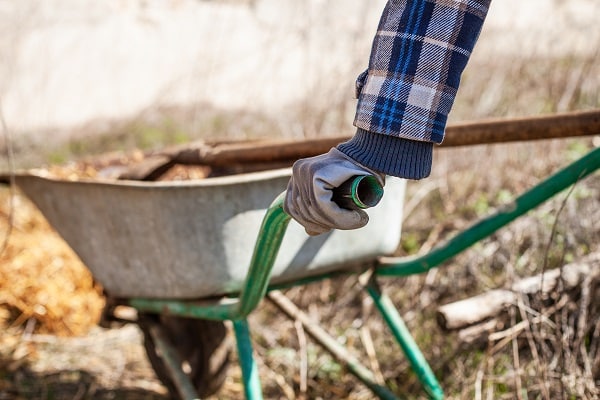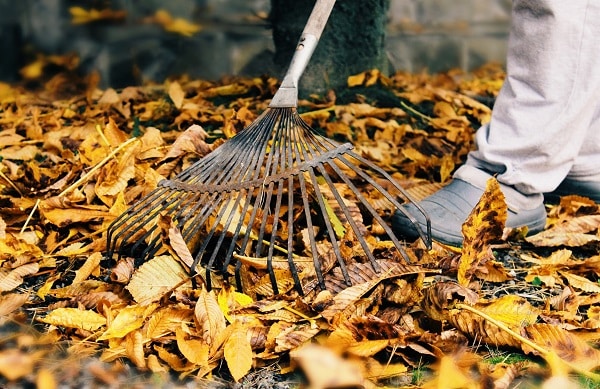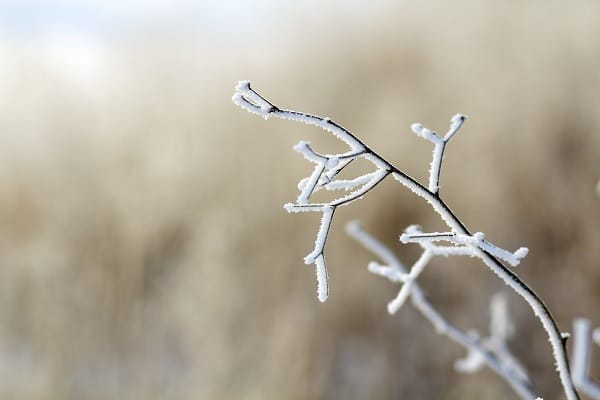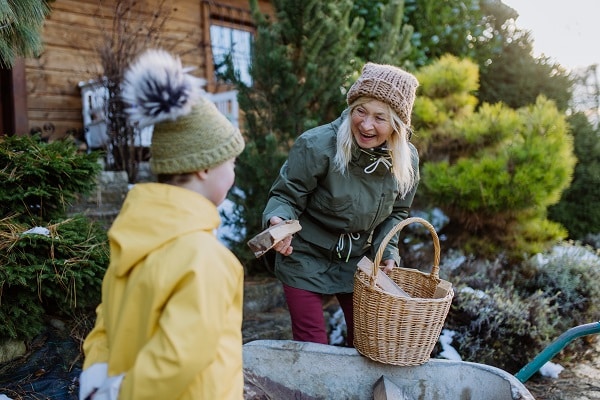Winter gardening presents a unique opportunity to extend the growing season and enjoy fresh produce even in the coldest months. However, it does come with its own set of challenges. This will guide you through the do’s and don’ts of winter gardening, helping you navigate these challenges and make the most of your garden throughout the year. Understanding these guidelines can be the difference between a thriving winter garden and a barren one. So, let’s dive in and explore the fascinating world of winter gardening.
Contents
- 1 Grasping The Concept Of Winter Gardening
- 2 Do’s Of Winter Gardening
- 3 Don’ts Of Winter Gardening
- 4 Essential Tools For Winter Gardening
- 5 Preparing Your Garden For Winter
- 6 Maintaining Your Winter Garden
- 7 Common Mistakes In Winter Gardening
- 8 Benefits Of Winter Gardening
- 9 Remember The Do’s And Don’ts Of Winter Gardening!
Grasping The Concept Of Winter Gardening
Winter gardening is the practice of growing plants during the winter season. It involves selecting plants that can withstand the cold and employing techniques to protect them from harsh weather conditions. Winter gardening can be a rewarding experience, allowing you to enjoy fresh produce and keep your green thumb active during the colder months.
However, winter gardening is not without its challenges. The cold weather can be harsh on plants, and the lack of sunlight can affect their growth. Additionally, certain pests and diseases are more prevalent in winter. Despite these challenges, with the proper knowledge and preparation, you can successfully maintain a thriving garden throughout the winter.
Do’s Of Winter Gardening
When it comes to winter gardening, planning is key. Before the cold weather sets in, it’s important to prepare your garden and select the right plants. Research which plants are suitable for your climate and hardy enough to survive the winter. Some vegetables, such as kale and Brussels sprouts, actually improve in flavor after a frost, making them excellent choices for a winter garden.
Protection is another crucial aspect of winter gardening. Protect your plants from harsh weather conditions by using techniques such as mulching, using row covers, or even constructing a cold frame or greenhouse. These methods can provide your plants with the extra warmth they need to survive and thrive during the winter months.
Don’ts Of Winter Gardening
While it’s important to water your plants, overwatering can be detrimental in winter. Cold temperatures can cause water to freeze, which can damage plant roots. Therefore, it’s essential to monitor the moisture levels in your soil and adjust your watering schedule accordingly. Remember, many plants require less water in winter due to slower growth rates and evaporation rates.
Pests and diseases can also pose a significant threat to your winter garden. Don’t ignore the signs of infestation or disease, such as discolored leaves or stunted growth. Regularly inspect your plants and take action at the first sign of trouble. This could involve removing affected plants or using organic pest control methods. Despite the cold, pests can still be active in winter, so vigilance is key.
Essential Tools For Winter Gardening
Having the right tools can make a significant difference in your winter gardening experience. Some essential tools for winter gardening include a good-quality shovel for snow removal, a sturdy hoe for breaking up frozen soil, and a watering can or hose with a gentle spray option. These tools can help you manage the unique challenges that winter gardening presents, such as dealing with frozen soil and snow.
Additionally, consider investing in protective equipment for your plants. This could include items like frost blankets, cold frames, or greenhouses. These tools can provide your plants with a warmer microclimate, protecting them from harsh winter conditions. Remember, the goal is not just to keep your plants alive through the winter but to help them thrive.
Preparing Your Garden For Winter
Preparation is a crucial step in winter gardening. Start by cleaning up your garden in the fall. Remove any dead plants, weeds, or debris that could harbor pests or diseases. Then, add a layer of compost or organic matter to enrich the soil and provide nutrients for your winter plants.
Next, consider the layout of your garden. Plant your winter crops in a location that receives the most sunlight during the winter months. Also, consider using raised beds or containers for your winter garden. These can provide better drainage and make it easier to control the soil temperature.
Maintaining Your Winter Garden
Maintaining a winter garden requires regular attention. Monitor your plants closely for signs of pests or diseases. Regularly check the moisture levels in the soil and adjust your watering schedule as needed. Remember, overwatering can be just as harmful as underwatering, especially in winter.
In addition to regular watering and pest control, consider adding a layer of mulch around your plants. Mulch can help insulate the soil, keeping it warmer and reducing water loss. It can also help suppress weeds, which can compete with your plants for resources.
Common Mistakes In Winter Gardening
One common mistake in winter gardening is neglecting to protect your plants from harsh weather. Even hardy winter plants can benefit from some form of protection, such as a cold frame or frost blanket. Without this protection, your plants may struggle to survive in extreme conditions.
Another common mistake is not taking advantage of the winter sun. The sun’s position in the sky changes during the winter, resulting in less sunlight each day. Therefore, it’s important to position your garden in a location that receives the most sunlight during the winter months. Failing to do so can result in poor plant growth.
Benefits Of Winter Gardening
Winter gardening offers numerous benefits. For starters, it allows you to extend your growing season, providing fresh produce even in the colder months. This can be particularly rewarding for those who enjoy cooking with fresh, homegrown ingredients. Additionally, winter gardening can be a great way to stay active and engaged with nature during a time of year when many people spend most of their time indoors.
Beyond the personal benefits, winter gardening can also have environmental advantages. By growing your own food, you’re reducing the demand for commercially grown produce, which often involves long-distance transportation and the use of harmful pesticides. Moreover, winter gardens can provide important habitats for wildlife, offering shelter and food sources during a challenging time of year.
Remember The Do’s And Don’ts Of Winter Gardening!
Winter gardening presents a unique opportunity to extend your growing season and enjoy the rewards of your hard work throughout the year. By understanding the do’s and don’ts of winter gardening, equipping yourself with the right tools, preparing your garden appropriately, and maintaining it with care, you can overcome the challenges that winter presents. Remember, the key to successful winter gardening lies in planning, protection, and regular maintenance. So, don’t let the cold weather deter you. Embrace the challenge of winter gardening and enjoy the unique benefits it offers!







